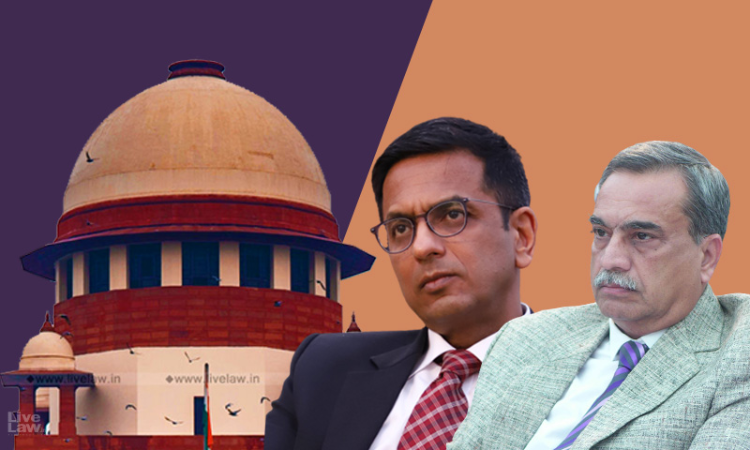The Supreme Court on Tuesday deprecated the practice of passing orders suffixed with the caveat that the said order is not to be treated as a precedent on the ground of parity, especially in criminal matters. The bench of Justices D. Y. Chandrachud and M. R. Shah was hearing a string of SLPs seeking cancellation of bail granted by separate orders of coordinate benches of the Gujarat High Court...

